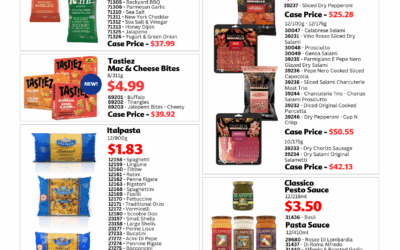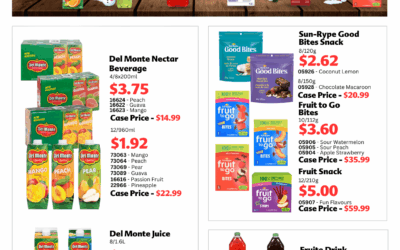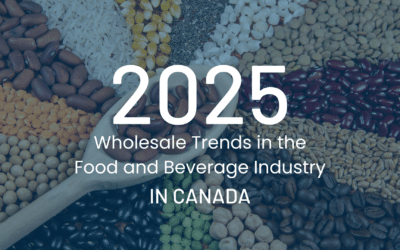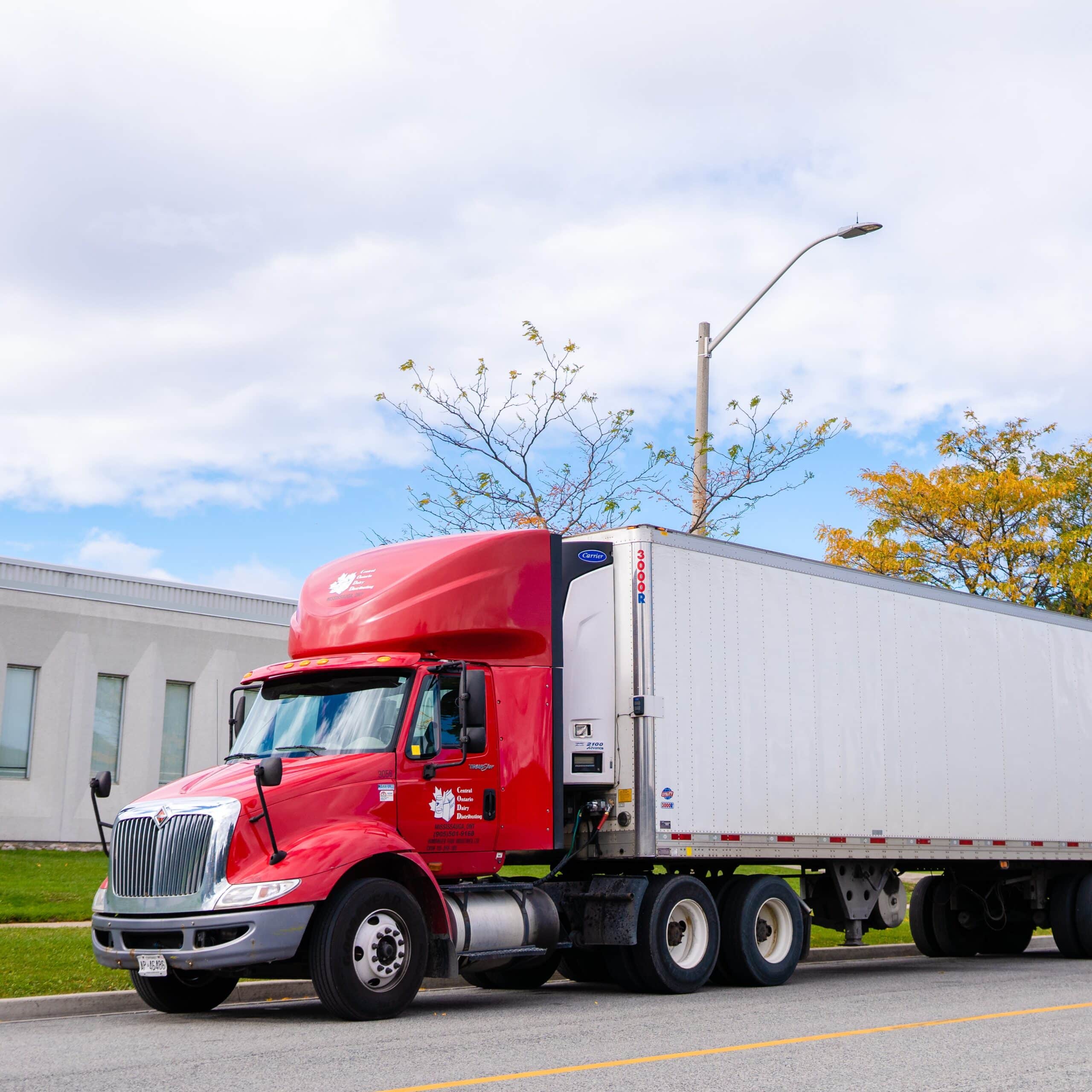As Canadians become more and more interested in the environmental impact of the supply chain, companies like wholesalers can take action now to become top contenders among today’s concerned buyers. Consumers are making their choices not only based on the quality of the product itself but its packaging and the route that it takes to get to them.
Unsustainable packaging is quickly becoming a deal-breaker when it comes to the eco-conscious customer as more feasible options become increasingly available. This will result in plenty of companies investing in more environmentally-friendly packaging while being mindful of the distance their products are travelling and the methods they are using to ship them. All of these efforts affect the ecological footprint each company makes.
What is sustainable packaging?
Sustainable packaging includes materials that are:
- Produced with next to no waste
- Made from recycled, up-cycled, biodegradable or compostable elements
- Safe for people and the environment
- Take little energy to create
What are the benefits?
Using sustainable materials for packaging and shipping alike lightens the load on landfills by generating far less waste pre and post-production. It also keeps the well-being of the planet in focus by helping to cut down on carbon emissions. This all plays an important role in keeping our world green.
What are some examples?
- Corrugated bubble wrap made from up-cycled cardboard
- Biodegradable packing peanuts
- Recycled cardboard and paper
- Air pillows made from recycled materials
What are some other options?
- Offer carbon-neutral shipping by offsetting emissions
- Ship items in bulk
- Use sustainable packaging that can be repurposed
- Offer a returns program for your empty product containers
- Recycle on behalf of your suppliers and offer shipping-friendly items
- Work with wholesalers to reduce individual shipments and limit return shipping
- Reduce the size of your packaging
When businesses decide to use sustainable packaging, they’re not only cutting down on the pollution caused by the pulp and paper industry, they are actively supporting other companies whose mission is to reduce our carbon footprint.
With this support, the recycling industry can make recycled content even more cost-effective and widespread.
If businesses choose to use eco-friendly packaging, they can be proud that they’re doing their part in supporting a healthier planet.
With places around the world already banning specific materials derived from fossil fuels, it seems that attitudes are beginning to shift on plastics.
With so many eco-friendly alternatives joining the market at competitive prices, more businesses are recognizing the opportunities in making responsible change. Environmentally-friendly is becoming mainstream, and smart business owners throughout many industries are making the switch now to ensure they are ahead of the curve before it’s too late.










